Blog
Lessons Learned From Another Emergency
In 1815 a spectacular and tragic event took place on the island of Sumbawa in Indonesia. Mount Tambora erupted. It was the most powerful volcanic explosion in recorded history and although it initially killed thousands of people on the island, no one on that day or for many weeks and months later, could have predicted that this event would have consequences for millions of people thousands of kilometres away. The ash from the eruption column spread around the world and lowered global temperatures causing an event sometimes known as the ‘Year Without a Summer.’ The result was a climate-induced famine and the deaths of hundreds of thousands of people, but this horror would also inspire a young inventor to create a ‘two wheel dandy horse’, a machine that would eventually lead to what is called the most efficient machine ever invented. This machine would play a key role in liberating women and give pleasure and joy to hundreds of millions of people around the world. Yes, I am talking about the invention of a bicycle.
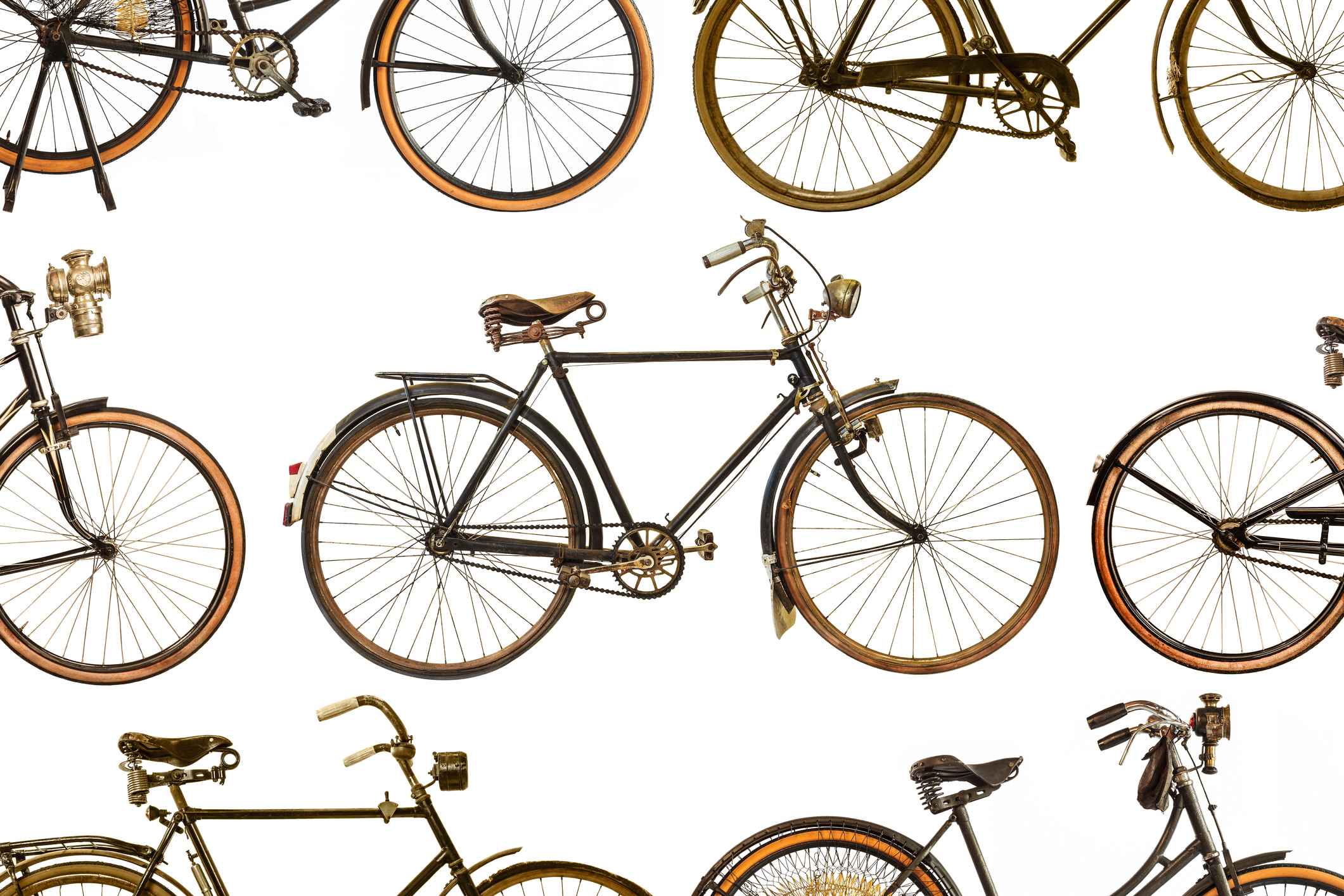
I bring up the explosion of Mount Tambora to point out that when terrible things do happen, be it natural or man made, there are sometimes positive things that result. Think of them as silver linings that happen in both the short and long term. Take for example the Bubonic Plague, possibly the most devastating epidemic to ever hit humanity. On the other hand, it created the opportunity to reduce income inequality, stimulated the production of labour saving devices and set the foundations for English common law.
A few days ago I wrote a little piece for our monthly newsletter called ‘Crisis As Opportunity’ in which I discussed how a crisis can be an opportunity for each and every one of us “to reassess, to recalibrate, to focus what is really important to us, to our loved ones, to our community and to our world”.
Like everyone else who is not on the front line of this epidemic, I sit at home, periodically peruse the news, and then go into my little garden and ponder on the situation. Many years ago, when I was a young man, I was an aid worker in the Ethiopian famine of 1983-5. It is estimated that over a million people died. A massive international effort prevented many more from dying. Emergency was the operative word and that was what most people working there did. Not all though.
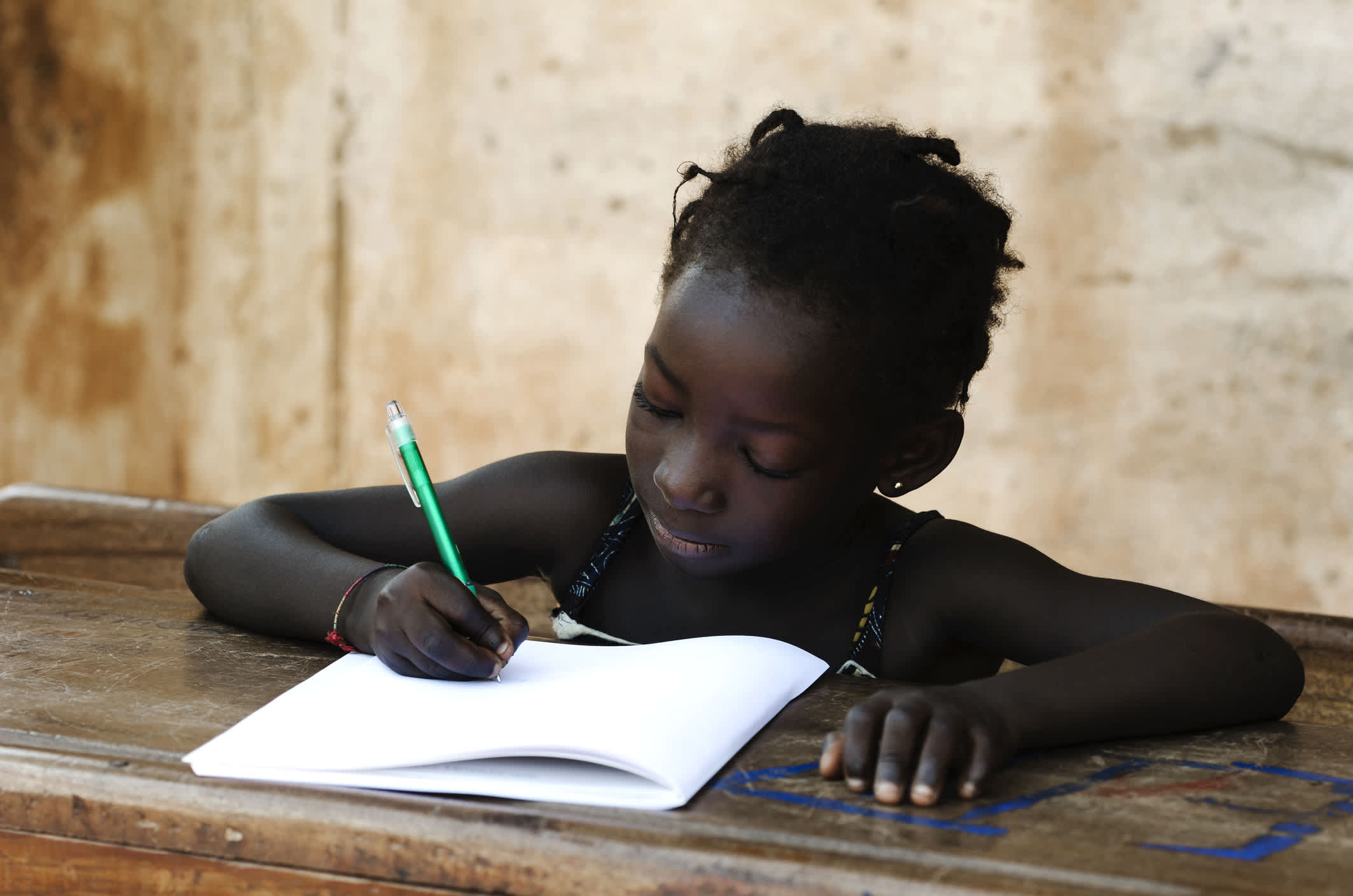
Some were focused rehabilitation, others on how in the future to prevent such things from happening again. If there is one thing that sticks for me from those days is the realization that an emergency is the best time, perhaps the only time for societies to change behaviour. This is required not only to make sure that such thing do not happen and humanity is prepared for the next such or similar event, but also to make sure there is a better future for all.
Most of the people around the world, at least those who believe in rational thought, would agree that we live in a world of unhinged consumption that is causing devastation to large part of the natural world. The climate is changing with unknown potentially destructive consequences, the 6th extinction of species and biodiversity has begun, the strong and powerful control more and more of the resources of the world and income inequality is going through the roof.

In 2017 Austrian historian Walter Schiedel published a book called, ‘The Great Leveller: Violence and the History of Inequality from the Stone Age to the 21st Century’ in which he writes: “History cannot predict the future but its message is as unpalatable as it is clear: with the rarest of exceptions great reductions in inequality were only ever brought in sorrow.”
We are certainly now in a times of sorrow but this is also a great opportunity to get rid of old ideas and addictions that result in 1.3 million people dying in car accidents, 7 million dying prematurely from air pollution, another 1.8 million perishing due to water pollution, 100 million around the world in the ranks of the homeless, 1.1 billion of people living in extreme poverty, and countless number of species on brink of extinction.
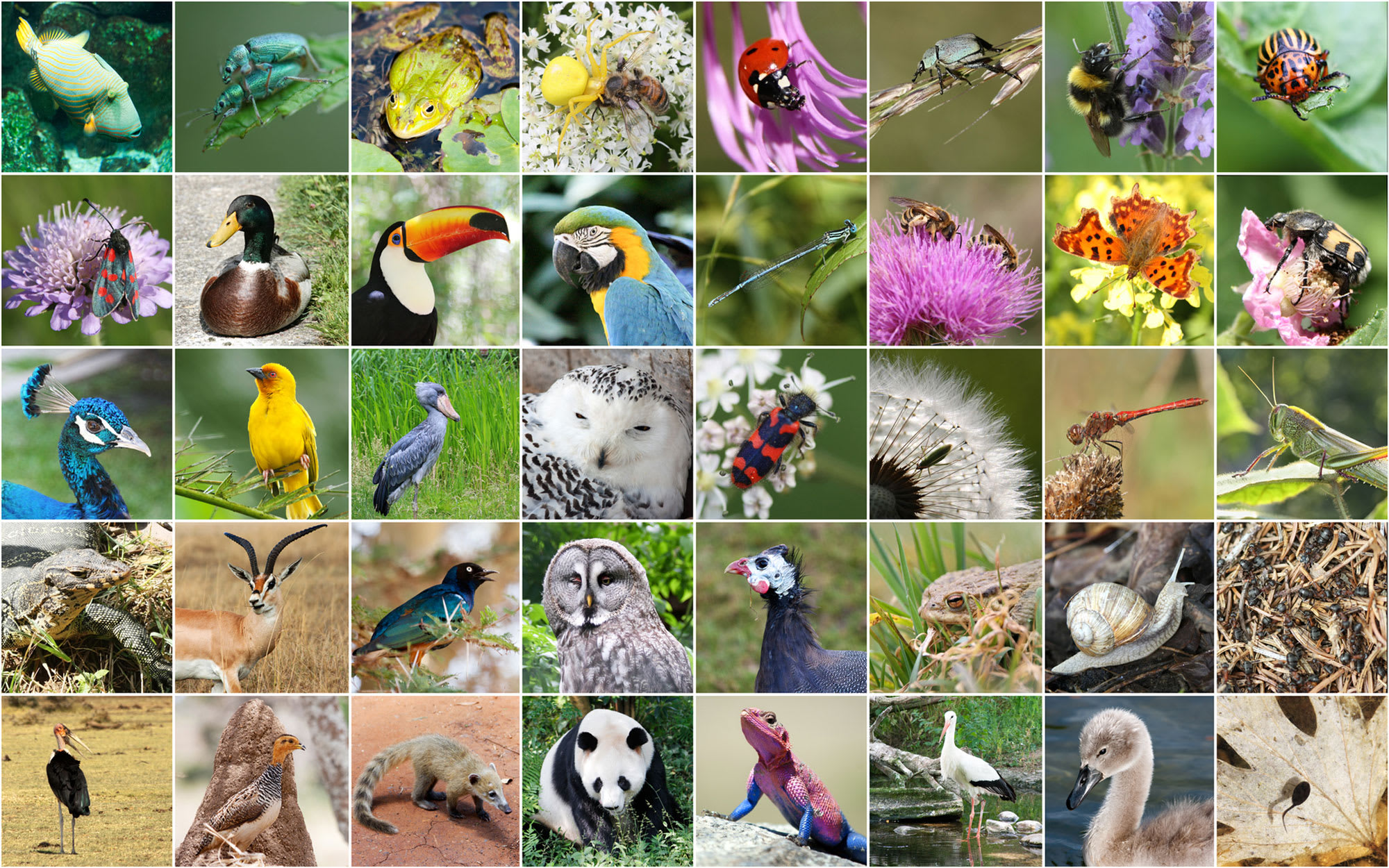
We are now in rough waters and we need to escape but it is also time to look into the future, to take advantage of this opportunity and create badly needed change. Time will tell what will be the impact of this crisis but I, for one, choose to be optimistic. Call it a glass half full.
Since 1984, the Ethiopian population has unfortunately tripled, poverty is still rampant and famine has again threatened on several occasions. However, many lessons were learned during the past famine, actions have been taken and as a result Ethiopia has not suffered the loss of million of people from hunger. The important thing is to believe that we can be a part of the future, that we can be part of the movement that determines the future.
In 2003, almost twenty years after I first came to Ethiopia, I was cycling through Ethiopia as part of the first Tour d’Afrique Cycling Expedition. One of the places we stopped for the night (and continue to do so to this day) was a base camp that was set up by the organization I was running in the days of the famine. It sits on top of the legendary Blue Nile Gorge.
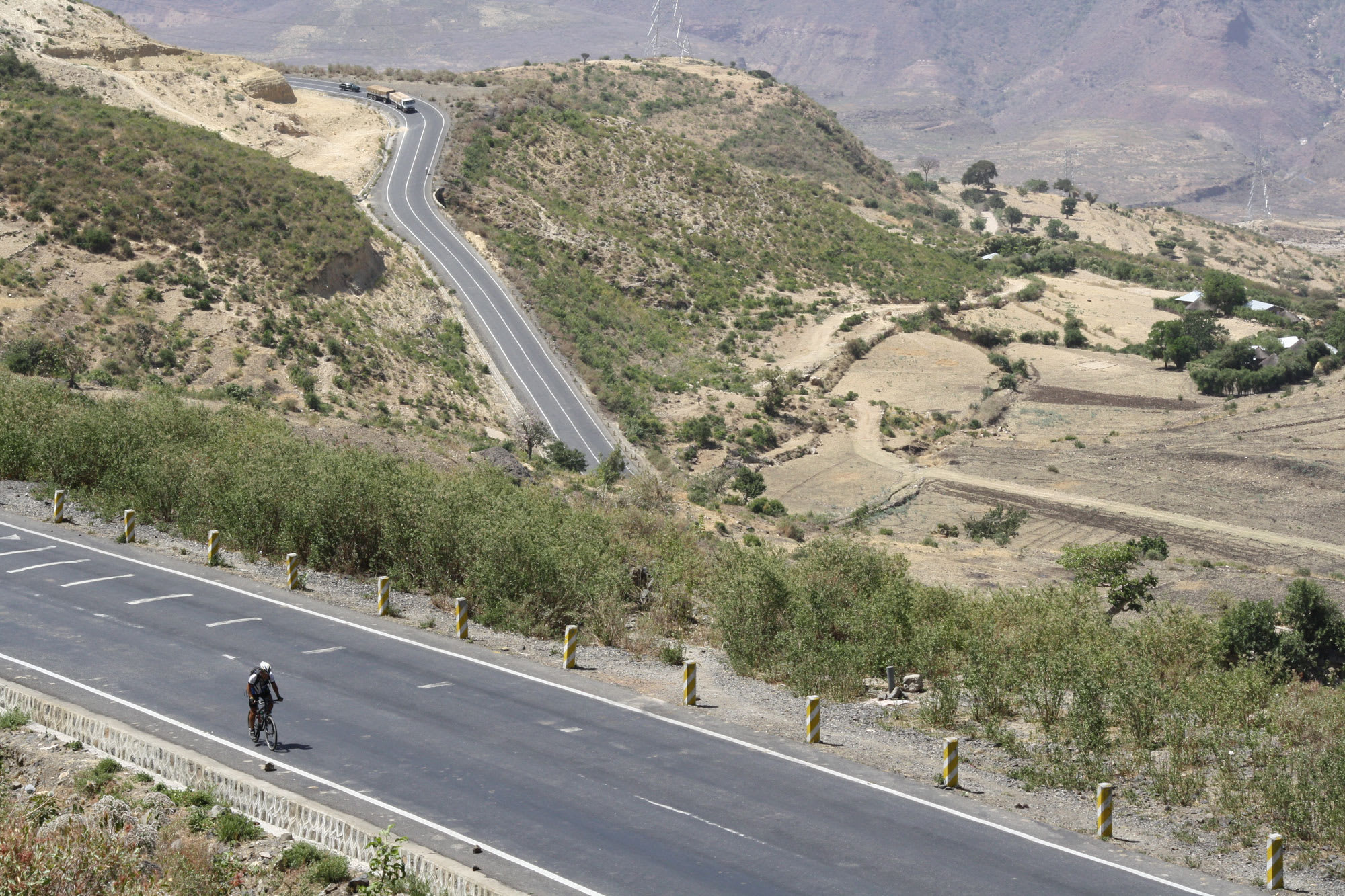
Unlike everybody else in the group, I knew what was awaiting me at each and every switchback and then finally at the top. What kept me focused and going were the recollections of sitting on the rock on the edge of the base camp overlooking the gorge and remembering the wondrous feelings of beauty in front me. More importantly I remembered how good I felt that I was doing something constructive, something positive, something that gave meaning to my life. As I struggled up the gorge, I was full of anticipation to be up there again, to look at the vast beauty in solitary silence and ponder again, about my life and my purpose in this vast universe.
 REGISTER NOW
REGISTER NOW



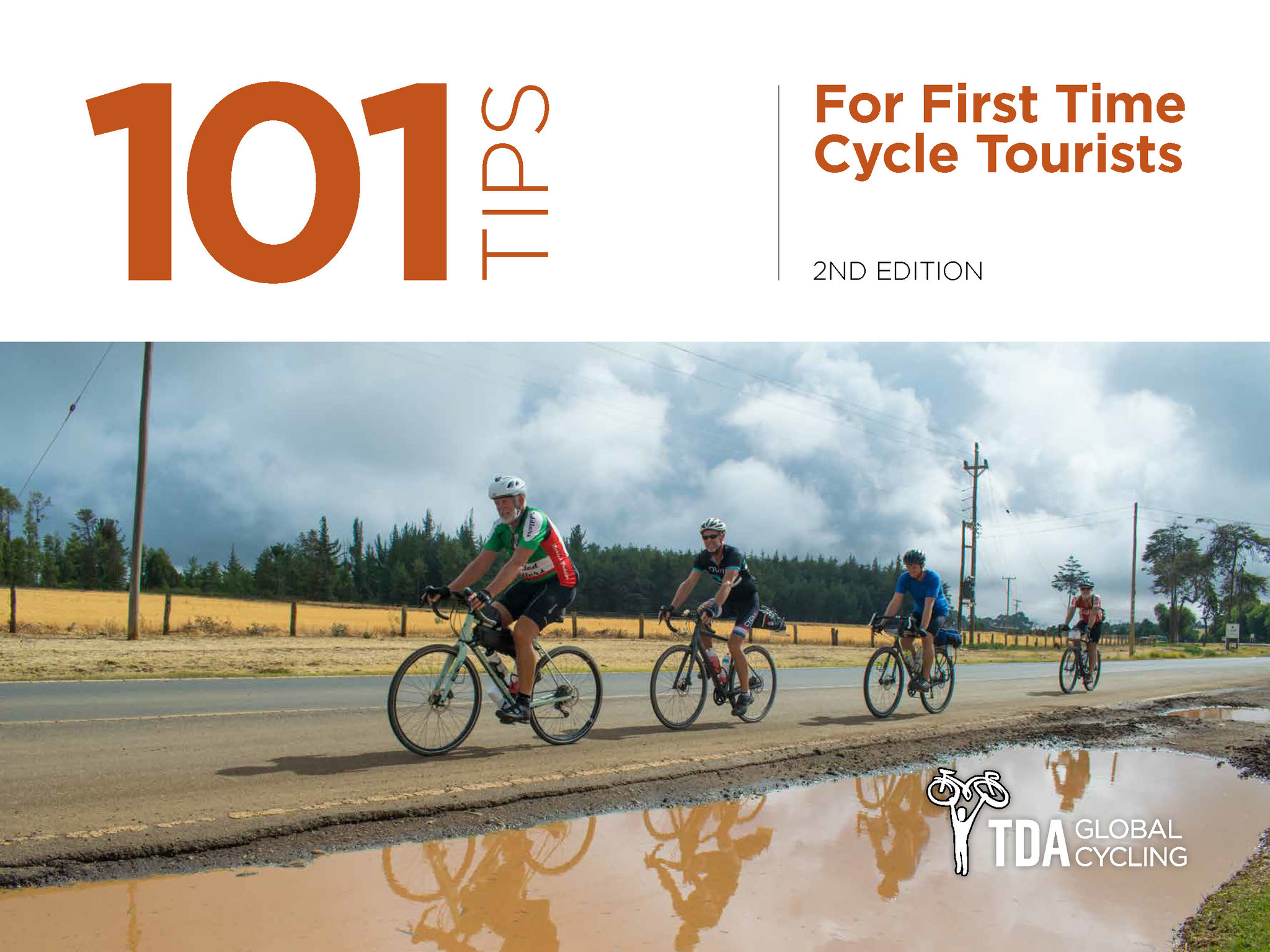
1 Comment for "Lessons Learned From Another Emergency"
Thanks Henry. Positive messages and re-connection with special moments are a lifeline from today’s gloom.